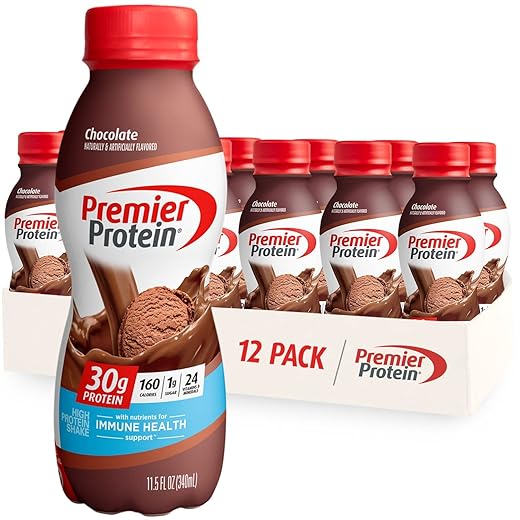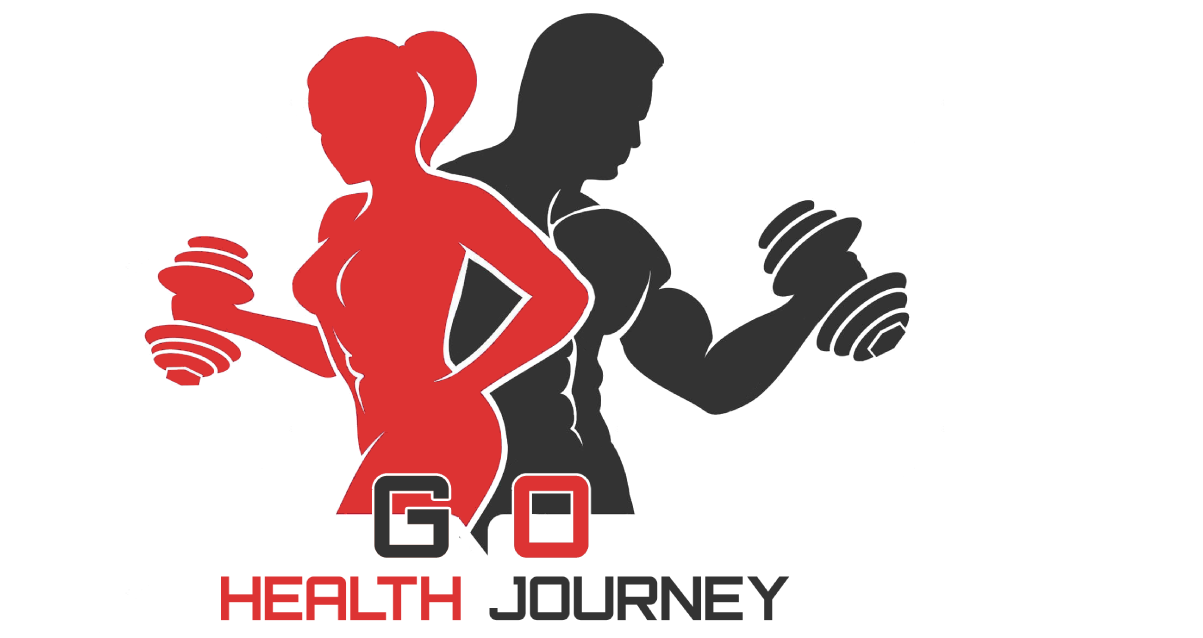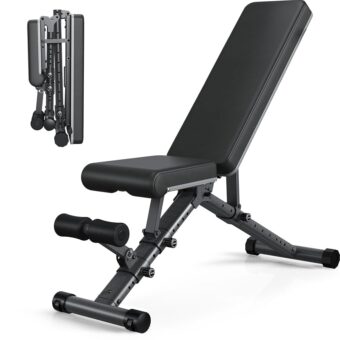Are you feeling overwhelmed by conflicting dietary advice or unsure about what it really means to achieve nutritional fitness? Many of us struggle to find the right balance between enjoying our favorite foods and making choices that support our well-being. In this blog post, we will dive into the world of nutritional fitness, breaking down its key components and highlighting why it’s crucial for your overall health. Together, we’ll uncover practical tips that will empower you to create a healthier, more fulfilling lifestyle through informed dietary choices. Let’s embark on this journey to better nutritional fitness, one step at a time!
What is Nutritional Fitness?
Nutritional fitness represents a crucial component of overall wellness and physical performance, going hand-in-hand with traditional fitness concepts. It encompasses not only what we eat but how our diet affects our body and mind. Let’s explore the various elements of nutritional fitness and why it plays a pivotal role in both our daily lives and exercise routines.



Key Components of Nutritional Fitness
Macronutrients: The Building Blocks of Energy
Macronutrients are nutrients that our bodies need in larger amounts, and they play significant roles in fueling our daily activities and workouts. Understanding these can help customize your diet to meet your fitness goals.
Micronutrients: The Unsung Heroes
While macronutrients grab the spotlight, micronutrients — vitamins and minerals — are crucial for maintaining optimal health. These help support various bodily functions, from immune support to bone health.
Hydration: The Key to Optimal Performance
Hydration is often overlooked in discussions about nutrition, yet it plays an integral role in maintaining overall health. Dehydration can lead to reduced physical performance, fatigue, and even cognitive decline.
The Role of Food in Energy Provision
Food is not just fuel; it influences our energy levels and recovery. A well-balanced diet allows for both immediate energy during workouts and recovery afterwards, which enhances physical performance in the long run.
Nutritional Fitness vs. General Fitness
While general fitness includes physical activity, strength training, and cardiovascular health, nutritional fitness specifically addresses how food and diet contribute to those fitness levels. Here’s how they differ:
| Aspect | Nutritional Fitness | General Fitness |
|---|---|---|
| Focus | Food, diet, and nutrients | Physical activity and exercise |
| Goals | Enhance energy levels, recovery, and overall health | Improve strength, endurance, and cardiovascular health |
| Components | Macronutrients, micronutrients, hydration | Aerobic activities, resistance training |
| Impact | Tailors diet to enhance performance and recovery | Builds physical capacity and functional strength |
Specific Impact on Physical Performance and Recovery
The connection between nutritional choices and performance cannot be understated. Adequate nutritional fitness can lead to better results in the gym, improved stamina during sports, and faster recovery times post-exercise. For example:
In summary, nutritional fitness is an essential aspect that goes beyond simply eating healthily. Understanding the roles of macronutrients, micronutrients, and hydration allows individuals to optimize their diets for peak performance and recovery, allowing for a holistic approach to health and fitness. Whether you’re an athlete or just someone looking to improve your well-being, embracing nutritional fitness can be transformative!
The Role of Macronutrients
Macronutrients are the building blocks of our diet and play pivotal roles in how our bodies function on a daily basis. Understanding the three primary macronutrients—carbohydrates, proteins, and fats—can empower you to make informed dietary choices that promote energy, muscle repair, and overall health. Let’s dive deep into each of these macronutrients, exploring their functions, recommended intake levels, and excellent sources.



Carbohydrates: The Body’s Main Energy Source
Carbohydrates are the body’s primary source of energy. They are essential for brain function and are crucial for physical activity. When you consume carbs, your body breaks them down into glucose, which is then used for energy. Here’s what you need to know about carbohydrates:
Functions
Recommended Intake Levels
Sources
Proteins: The Building Blocks of Life
Proteins are crucial for repairing and building tissues, including muscles, skin, and organs. They serve numerous functions in the body, from hormone production to enzyme function.
Functions
Recommended Intake Levels
Sources
Fats: Essential for Health
Fats are often misunderstood, but they serve vital functions in the body. They help with nutrient absorption, hormone production, and cell structure integrity.
Functions
Recommended Intake Levels
Sources
Balancing Macronutrients for Optimal Health
Achieving a healthy balance of carbohydrates, proteins, and fats is crucial for overall wellness. Each macronutrient has specific roles, and neglecting one can lead to potential health issues. Here are some practical tips for achieving balance:
Bullet Points Summary of Macronutrients
By understanding and incorporating these macronutrients into your daily diet, you’ll not only optimize your energy levels but also promote muscle repair and overall well-being.
Embracing a Holistic Approach to Well-Being
In conclusion, embracing nutritional fitness is essential for enhancing your overall health and maximizing your physical performance. By familiarizing yourself with its key components and applying effective strategies, you can transform your dietary habits and achieve optimal wellness. Take the time to evaluate your current eating patterns and consider making small, sustainable adjustments that lead to a more balanced and nutrient-dense diet. Your journey towards better health starts with informed choices, so why not take that first step today?
















Anyone else think that the debate over keto vs. plant-based diets is a bit overblown? Both have their merits, but it feels like they’re at war!
What about meal prepping? I’ve started doing it, and it’s really helped me stick to my nutritional goals. Any tips on easy meals?
Meal prepping is a fantastic way to stay on track! Try making big batches of things like chili or stir-fry; they freeze well and are super easy to reheat!
For those looking to improve their nutritional fitness, I recommend starting with whole foods. Quinoa, lentils, and Greek yogurt have been game-changers for me!
Absolutely! Whole foods can really make a difference. Thanks for sharing your favorites; they’re packed with nutrients!
Great article! I’ve been focusing on my macronutrient balance lately. For anyone interested, I found that using MyFitnessPal really helps track everything!
Does anyone have recommendations for protein powders? I’ve been trying to find one that doesn’t taste like chalk.
Hey there! When it comes to protein powders, I really like Optimum Nutrition Gold Standard Whey. It tastes great and mixes well! Give it a try!
I wonder if there are any studies that link high carb diets to increased energy levels. Would love to hear more about that!
Could you recommend some books or resources for further reading on nutritional fitness? I’m keen to learn more!
I’d love to see an article on how nutritional fitness impacts mental health. I think there’s a big connection there!